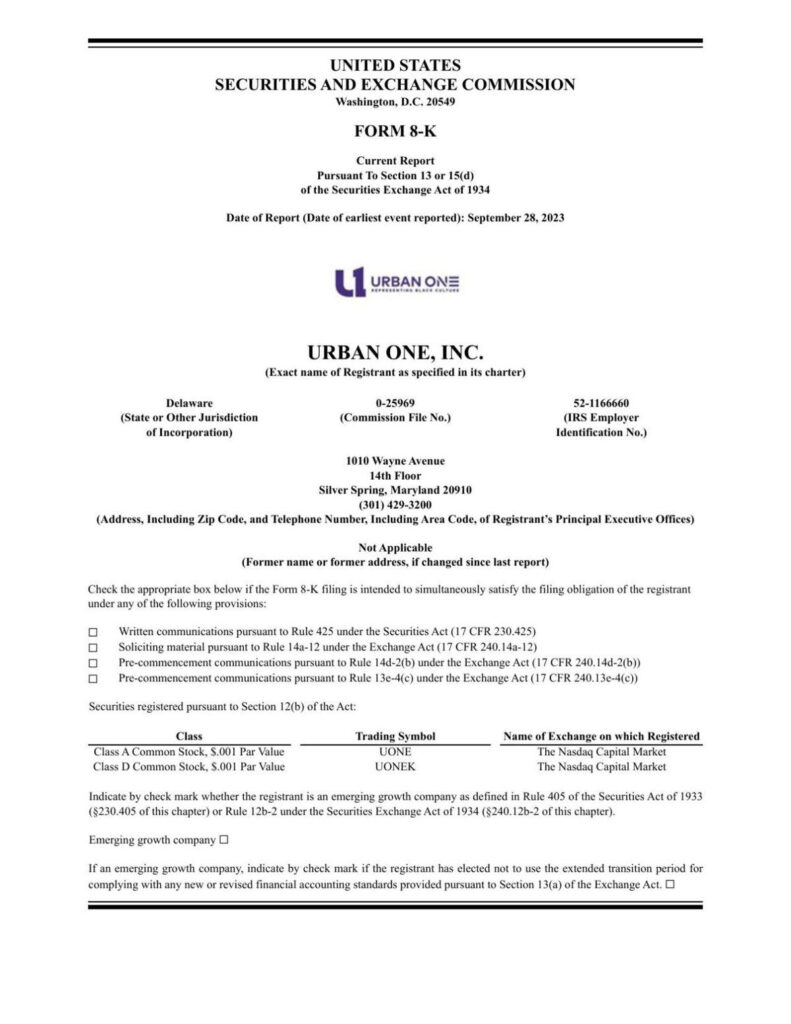 by Jon Baliles
by Jon Baliles
The Richmond casino referendum this week was once again in the forefront of the news but not because of the impending vote or the discussion of the numerous proposed “benefits” the casino advocates have promised every group under the sun. No, this week it was made known that the company driving the effort to approve the casino referendum (again) is facing the possibility of being delisted by NASDAQ.
Nevertheless, the casino advocates assure all of the potential voters that they will be able to pay the city the $26 million up front payment within 30 days of the approval of the referendum (as spelled out in the agreement), AND build their proposed $562 million casino, AND provide $30 million to the city tax coffers every year from here to eternity, AND still pay off all the organizations and groups and investors they are promising largesse to win approval of the second casino referendum.
No promise is too big, no cost is too high, and no vote is too expensive.
You can promise the world while lying to voters anytime you want — you see it from politicians of all stripes from all parties at all levels of government (there are some good ones, to be sure). But you can’t lie to banks and financial institutions or bondholders because they just don’t play like that. And the news from the financial world is not going well for the casino’s lead developer.
As Tyler Layne reports at CBS6, Urban One’s repeated failure to file the required reports could be a sign that not all is well within the company.
According to information on Urban One’s website, the first notification of noncompliance from Nasdaq arrived in April when Urban One missed the deadline for filing its 2022 annual financial report. The company then received another notice of noncompliance in May when Urban One missed the deadline for filing its first quarter report of 2023.
The company submitted a plan to Nasdaq in an effort to regain compliance. The plan included filing its delinquent reports by September 27, which was considered an extension. However, Urban One missed that deadline too which prompted the initiation of the delisting process.
The process is under appeal until Urban One goes before a NASDAQ Hearings Panel on October 20 and could get another extension to file until March 23, 2024.
“In general, when a company gets a delisting notice or gets put on notice that they’re potentially going to be delisted, that means that it’s sort of the end of the line of a series of missteps over the past six or seven months,” said Jamie Cox, a managing partner with Harris Financial Group. He also said it is unusual.
“Filing financial statements, and doing it timely, is not something that most publicly traded companies have difficulty with,” Cox said. “And that’s not to say that any one company should be taken as guilty until proven innocent, but it certainly does make an investor wonder whether or not that company has some issues that are beneath the surface that may not have been previously disclosed.”
Urban One attributed the missed reporting deadlines to accounting errors going back to the financial reporting from its investment in the 2021 casino referendum, particularly “the timing of expense recognition of non-cash stock based compensation.”
A spokesperson for Urban One said in a release: “This event does not impact our day-to-day business. We remain in a strong financial position and last week updated our financial guidance for the year. Our commitment to our investors, to our millions of viewers and listeners and to our Richmond resort casino project remain unchanged.”
Of course, it should be said that Urban One’s day-to-day business is media, particularly radio and TV stations that earn money mostly through advertising. Failure to file forms concerning accounting errors for a casino business that has not yet been approved by voters is not the company’s bread and butter. Further adding to the mystery, Urban One fired their accounting firm in July and hired a new one and company officials claim that the company’s financial position remains strong and that the filing mishaps were because of difficult accounting periods.
Em Holter at the Times-Dispatch had a copy of the Securities and Exchange Commission (SEC) filing and noted that, Typically, if a stock is delisted, then it is a sign of financial distress, and could signal a forthcoming bankruptcy, according to a report by stock market analysis group TheStreet. The company admitted that its failure to report in both the first and second fiscal year 2023 is a direct result of errors related to its investment in the first Richmond casino proposal.

Maggi Marshall at CBS6 attended a community meeting last Wednesday in the 4th District where Liggins said:
“Everything has to do with a classification of how we deal with stock options and one piece of it is should we have consolidated all of the expenses from the last referendum to just what we spent since we control the venture,” Liggins said. “It’s purely just a procedural issue and it will be handled. There is no risk to this venture whatsoever,” he shared.
At a community meeting in the 3rd District on Thursday, Liggins’ remarks were reported by Rolynn Wilson at WRIC:
“The issues are all around non-cash classifications of how we deal with stock options, restricted stock units and ultimately how we accounted for the referendum expenses in [20]21,” Liggins said.
He also said, “Richmonders can trust us. The company has never been more financially sound. So, it’s just how we presented these financials that has caused a late filing, and we will get those things cleared up without auditors and we will get back into compliance with Nasdaq. We don’t expect a delisting issue.”
So, a late filing was caused by numbers that have not been filed yet and is also the cause of the potential delisting by NASDAQ. And note that Liggins said the issue would be cleared up without auditors, which probably will not go over well with the NASDAQ folks or those at the SEC.
But the bottom line is this: The company got a no-bid contract from City Hall for a second casino referendum and is admitting that this problem with financial reporting of stock options and expenses is left over from the first failed referendum. You might understand why some people are lacking trust and still weary of all the promises that keep coming from the casino advocates.
As to whether delisting could potentially impact the casino project, the analyst Cox told Layne that it could very well have an effect: “It does really raise a lot of red flags when you have this type of reporting irregularity for such an extended period… This is not something that just came up yesterday,” Cox said. “What it does is it shines a big bright light on the project as a whole, because one of the major players is having difficulty with its financial reporting, and one way or another, that’s not a good thing.”
Anti-casino activist Farid Alan Schintzius told 8News, “They can’t be trusted to do basic bookkeeping. So how can we trust that they’re going to be able to manage a casino in such a way that it will benefit the citizens of Richmond? They’ve shown us who they are. They’re sloppy, at least, and incapable. Incompetent at worst.”
Jon Baliles is a former Richmond city councilman. Republished with permission from RVA 5×5.


